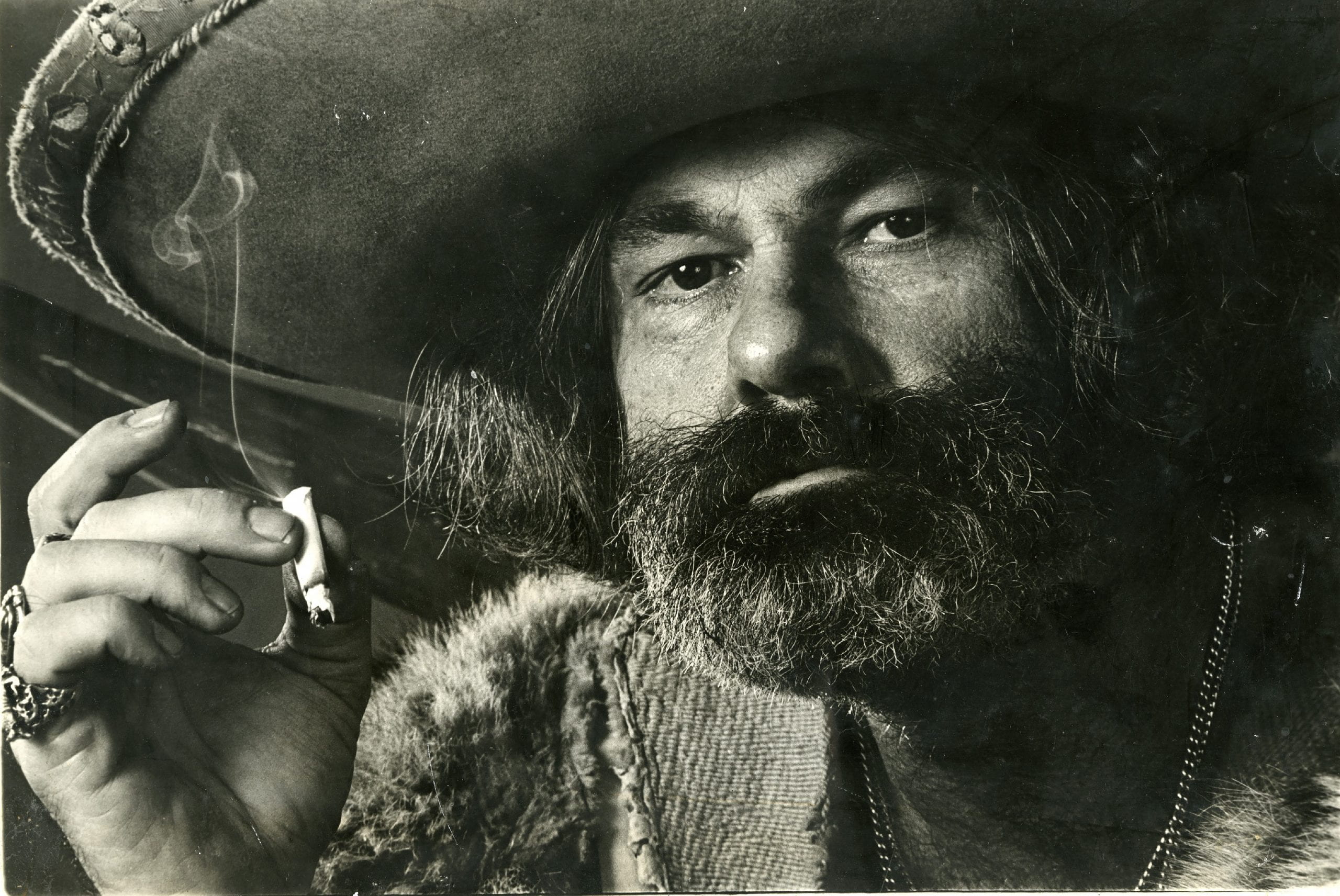It’s been nearly 50 years since the birth of the outlaw country music scene in Texas. At the beginning of the 1970s, it was known as progressive country, redneck rock and cosmic cowboy music. Its earliest proponents were Michael Martin Murphey, B.W. Stevenson, Jerry Jeff Walker, Doug Sahm, Freda & the Firedogs with singer Marcia Ball out front, Willis Allan Ramsey and Willie Nelson. The new Sam Kindrick Collection at The Wittliff Collections at Texas State University offers an insiders’ unvarnished and often unfiltered look at a pivotal music movement thanks to the donated archives from longtime newspaper and music journalist Sam Kindrick.
“I was living it one day at a time,” said Kindrick, who launched San Antonio/Bulverde-based Action Magazine in March 1975. “I had no idea it would be history.”
Kindrick recalls sitting in Willie Nelson’s car with a friend parked at the old Foxy Lady Saloon, a dive bar in San Antonio, and listening to a cassette mix of “Redheaded Stranger” from beginning to end. Willie wanted his opinion. Kindrick didn’t think it would sell. “None of us dreamed Willie would get so (expletive) big,” he added.
Clarence Samuel Kindrick is a Texas journalist, author and publisher. The longtime newspaper reporter and columnist is best known as the founder of Action Magazine and for his wild and wooly chronicling of the outlaw country music movement of the 1970s from his home base of San Antonio and Bulverde. Kindrick was born in San Antonio and grew up in a religious household in Junction. He graduated from Junction High School in 1953 and graduated from Southwest Texas State University in 1957. After short stints at the Bay City News and the Kerrville Daily Times, Kindrick joined the San Angelo Standard Times in 1958 as a general assignments reporter. In 1960, he was hired by the San Antonio Express-News where he worked as a reporter and columnist until 1975.
He forged close bonds with Willie Nelson, Clarence “Gatemouth” Brown, Kinky Friedman, Hondo Crouch and Jerry Jeff Walker, adopted their redneck rock attitude, look and partying ways. His outrageous gonzo style of reporting made him the Hunter S. Thompson of the emerging music scene. He reported on the rise of disco, chili cookoffs, music festivals, rock and roll, drug wars and cultural events. Like Jerry Jeff Walker, whose massive archives are part of The Wittliff Collections, Kindrick is an unlikely survivor. He overcame personal demons, including alcohol and drug abuse, run-ins with the law and legal issues, and has been sober for years.
The Sam Kindrick Collection includes some 4,000 photographs, decades-worth of issues of Action Magazine dating to its first issue in 1975, Kindrick’s “Offbeat” columns from the late 1960s and early ’70s in the San Antonio Express-News and assorted music memorabilia, as well as a box of his mother’s poetry. A treasure trove of material for future researchers, documentary filmmakers, music lovers, students and the public, the materials embody The Wittliff’s mission of preserving the legacy of the Southwest. “Sam Kindrick has done more than any single person over the last 60 years to document music and entertainment in San Antonio,” said author and music journalist Joe Nick Patoski.
Article submitted by Hector Saldaña, The Wittliff’s curator of Texas Music.





